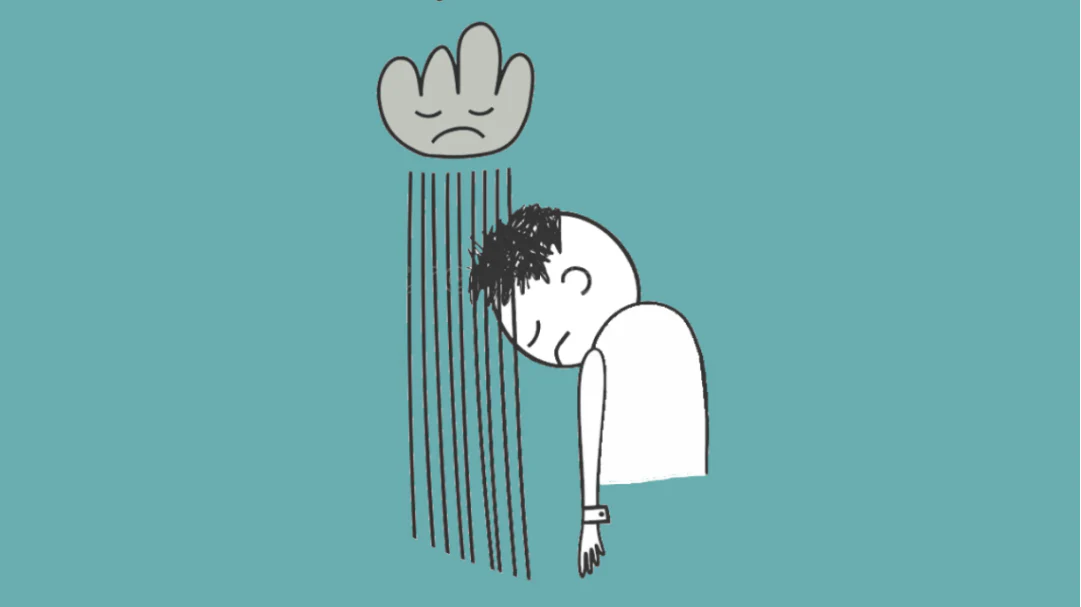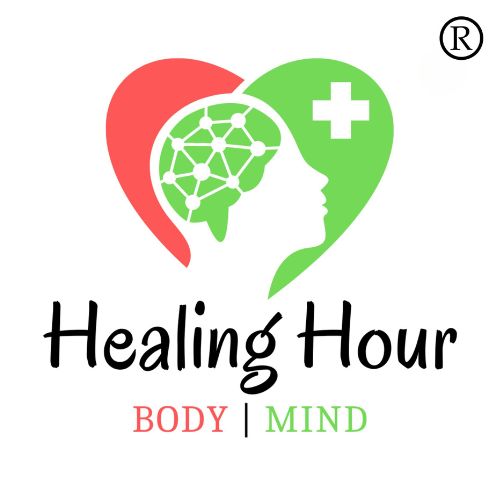Understanding Learned Helplessness Theory and Its Impact on Motivation and Behavior

Welcome to Healing Hour: Exploring Learned Helplessness Theory and Its Impact
Core Components of Learned Helplessness
Learned helplessness theory, formulated by Martin Seligman and colleagues, identifies three fundamental components: contingency, cognition, and behavior (Reeve, 2018).
- Contingency refers to the perceived connection between actions and outcomes. It shapes how individuals believe their actions will influence their circumstances. If individuals perceive that their actions have no effect on outcomes, they may develop a sense of helplessness.
- Cognition involves attributions and beliefs about one's capabilities and situations. These cognitive processes affect how individuals interpret their ability to influence outcomes and manage challenges.
- Behavior represents the actions—or inactions—resulting from the perceived lack of control. Individuals experiencing learned helplessness may exhibit passive behavior, reflecting their belief that their efforts are futile.
Impact on Motivation and Behavior
Learned helplessness can profoundly affect motivation and behavior. When individuals believe they have little control over their environment or outcomes, they may exhibit reduced effort and engagement. This perception of futility can lead to defeatism, diminished motivation, and a reluctance to attempt tasks or seek improvement (Reeve, 2018).
For example, students who experience repeated failures may develop a belief that no amount of effort will lead to success. Consequently, they might withdraw from academic challenges, showing decreased enthusiasm and engagement in learning activities.
Sociocultural Influences
Sociocultural factors significantly impact perceptions of control and responses to adversity (Moreira et al., 2020). Cultural norms, societal expectations, and access to resources can shape individuals' sense of control and motivation.
- Cultural Norms: Different cultures may emphasize various approaches to handling failure and adversity, influencing how individuals perceive and respond to challenges.
- Societal Expectations: Societal standards and pressures can affect individuals' beliefs about their abilities and their response to setbacks.
- Social Support: Support networks, including family and community, play a crucial role in mitigating learned helplessness. Encouragement and resources from these networks can help individuals regain a sense of control and resilience (Raufelder & Kulakow, 2022).
Implications and Intervention
Understanding learned helplessness theory is vital for addressing its impact in various settings, including education, the workplace, and mental health.
- Education: Educators can implement strategies to foster adaptive beliefs and restore students' sense of control. Encouraging a growth mindset and providing constructive feedback can help students overcome learned helplessness.
- Workplace: Employers can enhance motivation by recognizing employees' contributions, providing opportunities for skill development, and promoting a supportive work environment.
- Mental Health: Therapists can use interventions to address learned helplessness by helping clients develop coping strategies, build resilience, and reframe negative beliefs.
At Healing Hour with Abhishek Faria, we incorporate these insights into therapy sessions to empower individuals. We focus on overcoming learned helplessness, restoring motivation, and navigating challenges with renewed determination and resilience.
Explore more about how Healing Hour can support your journey to overcoming learned helplessness at www.health-healinghour.com.

Abhishek Faria
3rd Year Doctoral Program at California Southern University
Related Blogs
No related blogs available.

